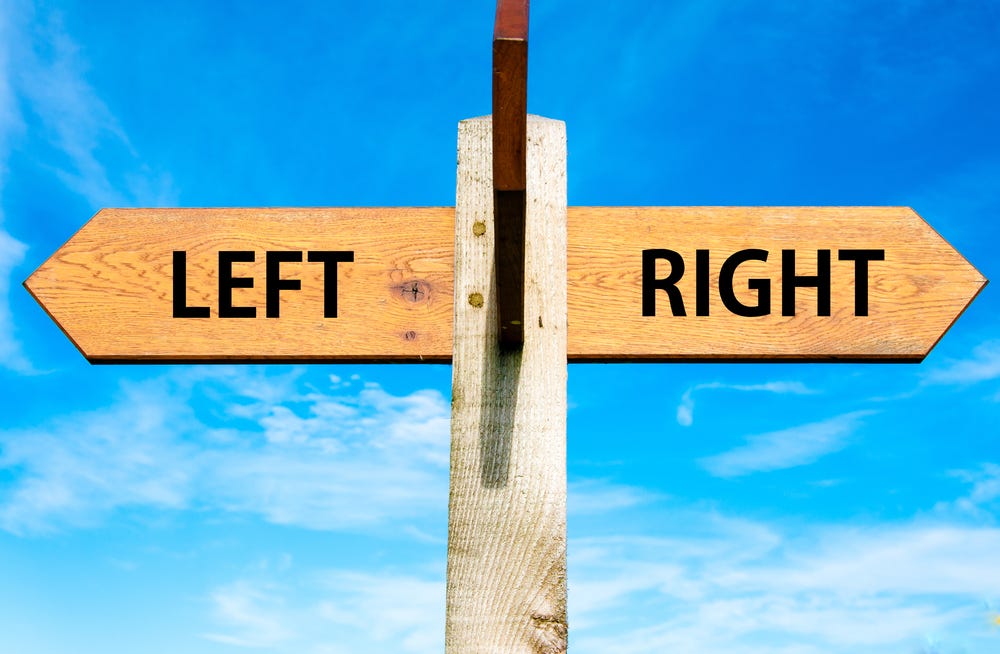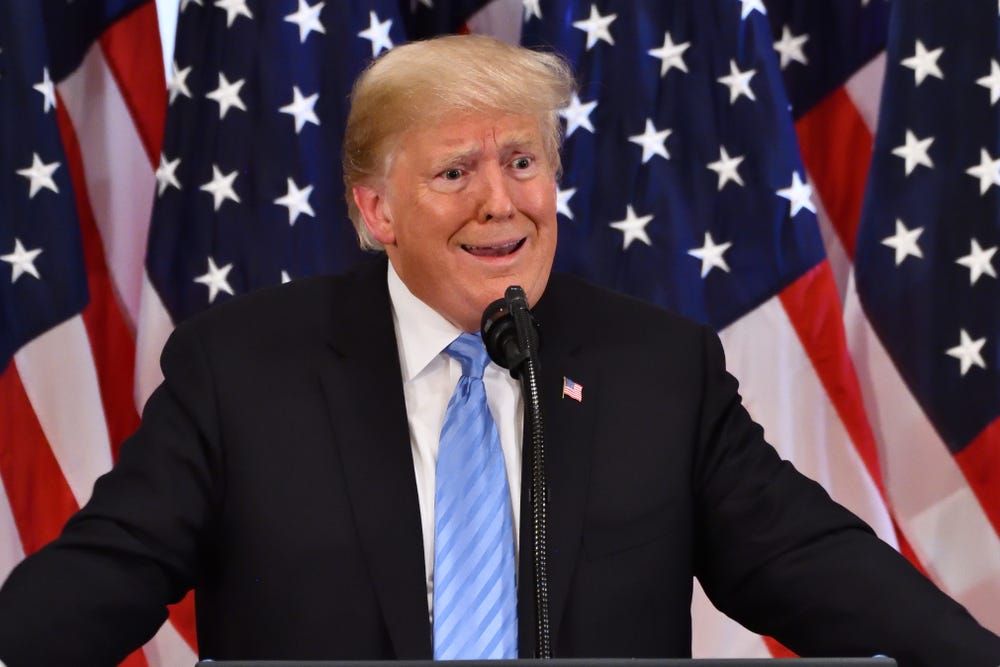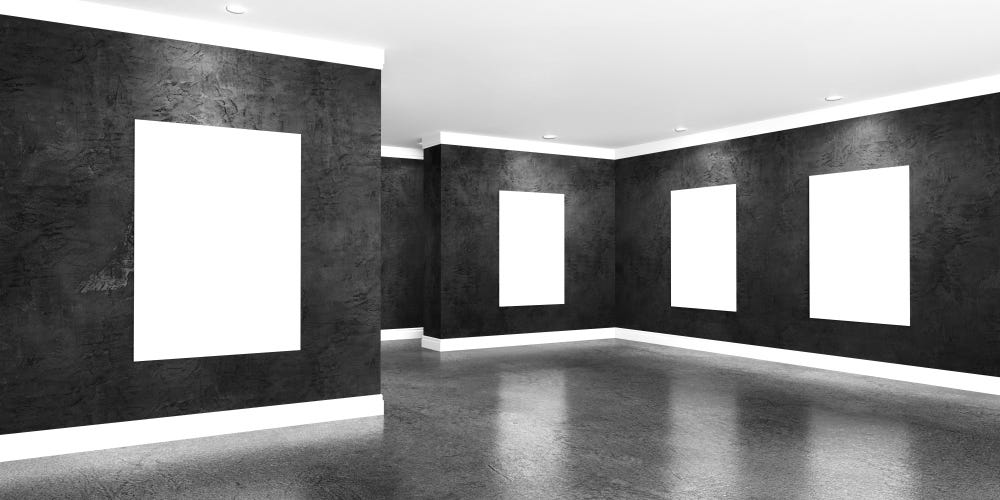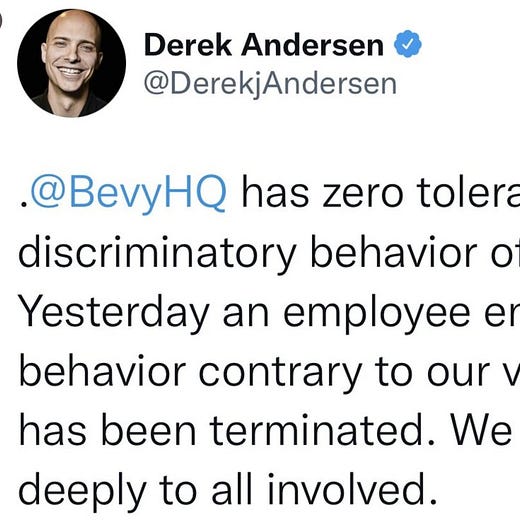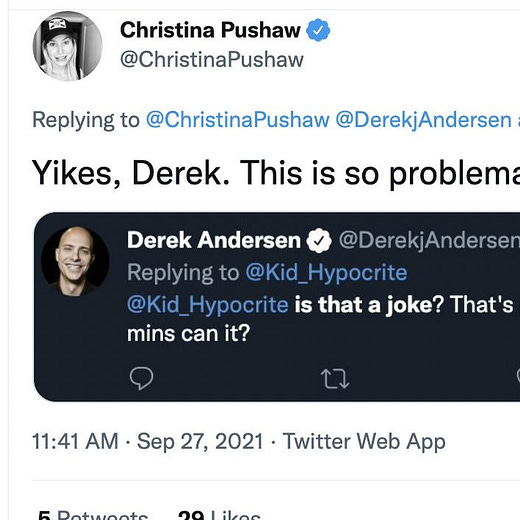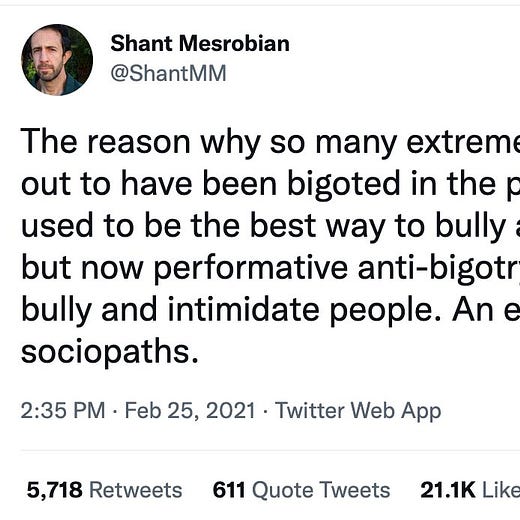E-Pluribus | September 27, 2021
Is authoritarianism only for the right; what threat, even out of office, does Donald Trump present; and when is art not just about art?
A round up of the latest and best writing and musings on the rise of illiberalism in the public discourse:
Sally Satel: The Experts Somehow Overlooked Authoritarians on the Left
As difficult as it might be to believe given the history of even just the last century, Sally Satel writes at the Atlantic that some social scientists believe that authoritarianism is strictly a right-wing phenomenon. Satel suggests that part of the problem is where the researchers themselves fall on the ideological spectrum, skewing their perceptions of the issues under their purview.
The Trump era likely deepened psychology’s conventional wisdom that authoritarians are almost always conservatives; the insurrection at the Capitol earlier this year showed the urgency of understanding the phenomenon. And yet calls to de-platform controversial speakers and online campaigns to get people fired for heterodox views suggest that a commitment to open democratic norms is eroding, at least in some quarters, on the left. Much further along the authoritarian continuum, people purporting to be antiracist or antifascist protesters have set fires and committed other acts of violence since the summer of 2020. These acts stop short of, say, the 1970s bombing campaign by the far-left Weather Underground, but surely call the prevailing wisdom into doubt. (Supporters of revolutionary regimes overseas have demonstrated even more clearly that some people on the left try to get their way through intimidation and force.)
But one reason left-wing authoritarianism barely shows up in social-psychology research is that most academic experts in the field are based at institutions where prevailing attitudes are far to the left of society as a whole. Scholars who personally support the left’s social vision—such as redistributing income, countering racism, and more—may simply be slow to identify authoritarianism among people with similar goals.
[…]
Ideological blind spots can indeed affect researchers with a strongly conservative or merely right-of-center outlook, but there just aren’t enough of them to matter. If academic psychology had more viewpoint diversity, the political biases that distort researchers’ work would all counterbalance one another. In American universities today, those biases generally point in the same direction. In psychology, the belief that only conservatives can be authoritarians, and that therefore only conservative authoritarians warrant serious study, has proved self-reinforcing over the course of decades.
Read it all here.
Andrew Sullivan: The Deepening Menace Of Trump
While Andrew Sullivan views Donald Trump largely as a buffoon (my word, not his), he sees great danger in him and his influence nonetheless. It’s not just the continued defense and support of the once (and future?) president by many in his party, but also concrete actions being taken throughout the states that could very well magnify the contentious aftermath of the 2020 elections and devolve into a genuine Constitutional crisis.
[U]nlike the real fascists, Trump had and has no coherent agenda, no attention span, no managerial skill, no self-control, no discipline, no competence, and was hemmed in by a constitutional system that had lasted over two centuries. That deepens the sense of phoniness and farce. It helps writers such as Ross dismiss our ongoing constitutional crisis as a pile of overwrought panic.
And yet it is impossible to read the full narrative of “Peril” and not see a near-classic tale of a tyrant whose presidency profoundly corroded liberal democracy and every principle and institution attached to it. At the heart of it, as many of us insisted, is a psyche characterologically incapable of accepting reality if it didn’t align with his narcissistic needs, and just as incapable of relinquishing power. That always meant that whatever damage he did in his first term, he would never accept the 2020 election result if he were to lose. Never. It was merely a question of how this nightmare would play out. We now know much more about that from the moment the election results began to appear.
[…]
As was the case with the Roman republic, the violations of procedures, the discrediting of elections, the power of mobs and the ferocity of the tribal politics have slowly rendered the system weaker and weaker. The question, pace Ross, is not whether Trump has the competence to build a de facto dictatorship, it is whether he has so eroded core democratic values within one of our major parties that this country is likely to enter a period of civil conflict over the very legitimacy of our system in future elections, a period of violence and mayhem and rule-breaking that could so easily lead to the rapid unraveling of the entire system of liberal democracy. Out of that chaos, who knows what rough monster will emerge?
Read the whole thing.
James Campbell: Great Art Doesn’t Care About Fairness, Equality or Identity
At the Wall Street Journal, James Campbell warns that Western society’s newfound emphasis on equality (or equity), fairness, diversity and inclusion is now corrupting the world of art and literature. Certainly tastes in art vary widely, but when other factors trump the quality of the work itself, art and society both suffer.
To bring Woolf’s observation up to date, I suggest something like this: “Round about October 2015, human character changed again.” Hardly as pithy as the original, and there is flexibility in the date. But a change had come. It was in October 2015 that the feminist intellectual Germaine Greer was no-platformed at Cardiff University in the U.K. after having, as an online petition put it, “demonstrated misogynistic views towards trans women.” In the same month, world-wide attention was focused on Halloween costumes at Yale, and terms like “trigger warning” and “safe space” entered the vocabulary. Identity approval gained the upper hand over critical approval in mainstream appreciation of art and letters. Literary magazines underwent an unignorable shift, as inclusivity suddenly exerted dominance over editorial decisions. If you are in the mood to argue, open any issue of the New Yorker, and compare it with one from 20 years ago.
[…]
Often it is done in the name of retroactive justice, or of protecting minority cultures from further plunder by the alleged beneficiaries of colonialist privilege. It is hard to object to fairness, but fairness has rarely been a friend to art. Like nature, art—of the kind made by the people mentioned above—doesn’t care about fairness. If it tries to, the outcome will probably be bad. Yet vague notions of reckoning and representation dictate present-day conversations on the topic. Publishers, editors, prize judges, members of awards panels—all are subject to the doctrine of inclusion, whether they admit it or not. Evaluation is no longer about the best book or the most talented artist. There isn’t a judging panel in the Western world that would fail to react to a complaint about a list being “too white” or “too male.” If you haven’t noticed, look out for the next swath of MacArthur geniuses, or cast an eye over the National Book Award short lists.
Read it all.
Around Twitter
Matt Yglesias weighs in on the errors the left makes regarding how to respond to Donald Trump:
Serious doubts raised about “Defunding the Police” from an unexpected source - Vox:
Glenn Greenwald on the latest viral social media cancellation:
And finally, the British medical journal The Lancet seems to have a “women” problem:




